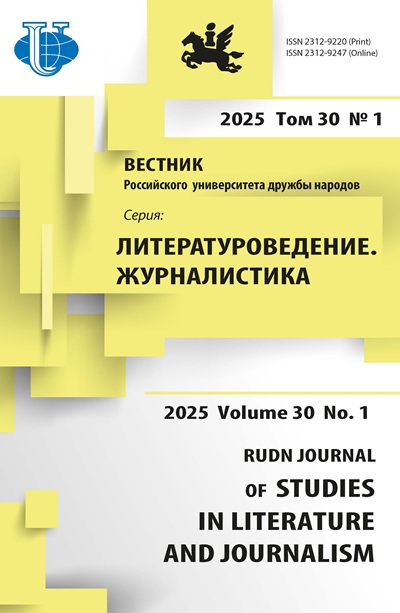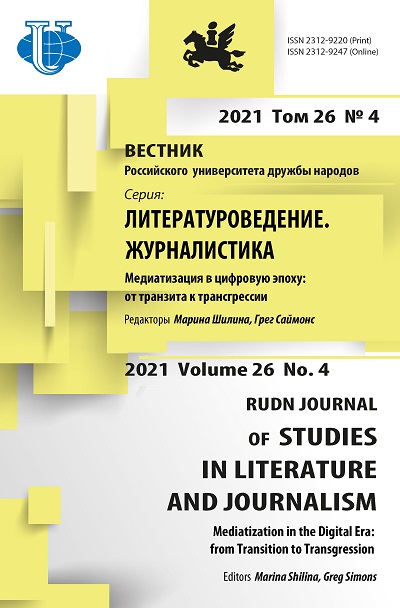Abstract
The relevance of this article is determined by the growing ubiquitous digitalization of mediatized communications, including under the influence of the COVID-19 pandemic in 2020-2021. The consequence of this process is the transformation of the structure of social space and approval of virtual interaction as a basic method of communication - instead of interpersonal. These transformations entail institutional changes, manifested in axiological and normative transitions of communicative space, semantic restructuring of communications under the influence of changing social reality. Induced by the technological infrastructure of communication, a “mediatized social reality” emerges, which also entails semantic changes in communication. All these circumstances actualize the phenomenon of communicative competence of an individual, which determines the effectiveness of interactions in the context of technological, semantic and institutional changes. The article presents some outcomes of empirical verification of communicative competence in contemporary Russian interaction practices. The phenomenon of hybridization of communicative competence during the transition of a person from the environment of real communications to the environment of virtual communications, contributes to the construction of “mediatized social reality” and expands his social reality. This ability of an individual and his communicative competence for transgression, combined with hybridity, is a factor in the integration of the communicative space of society with its contradictory characteristics.
















